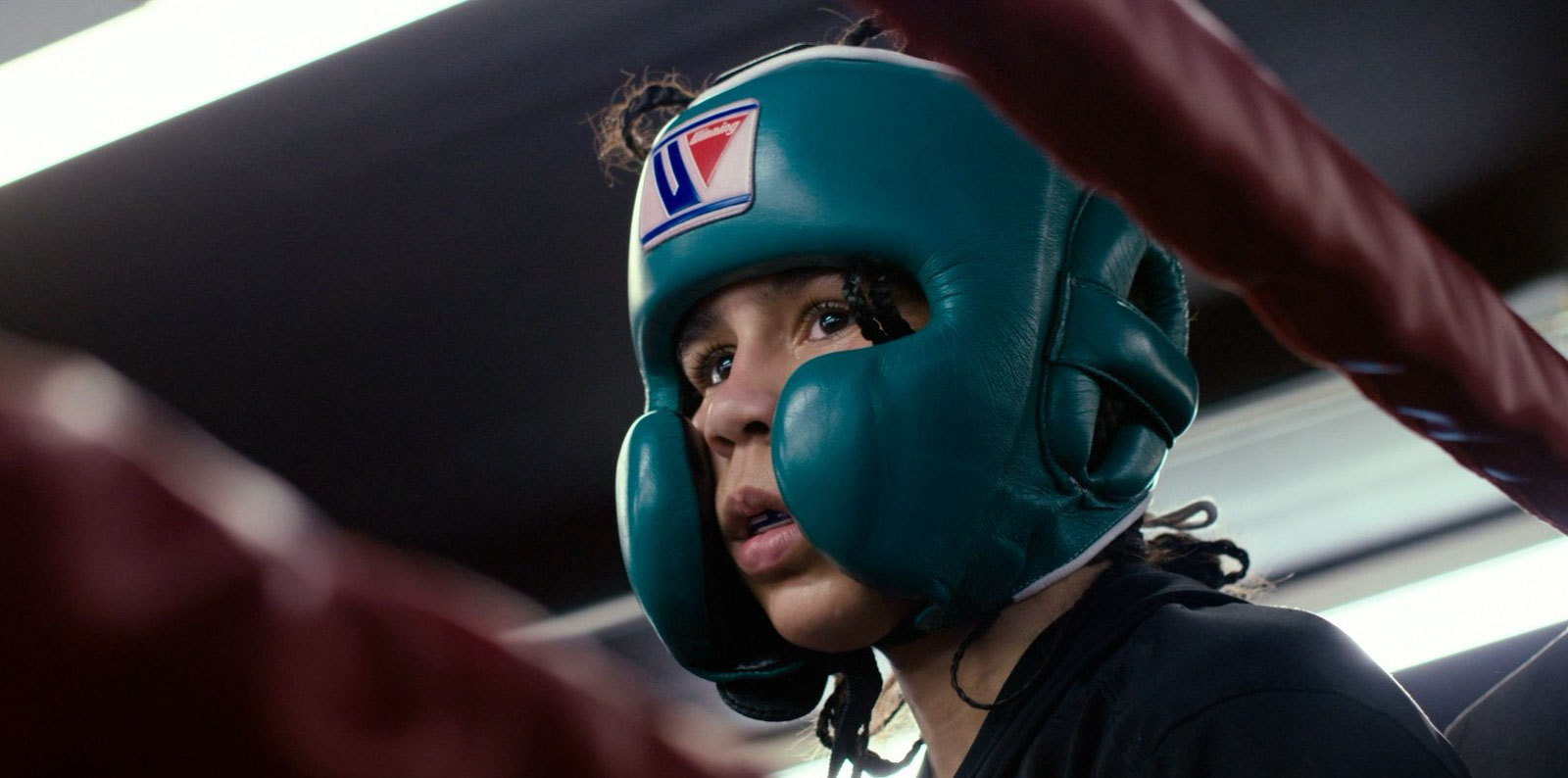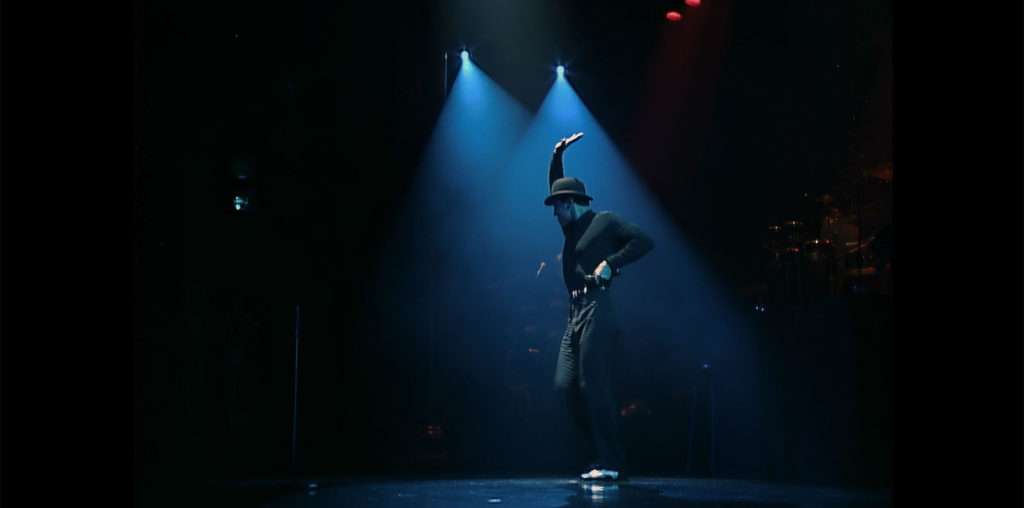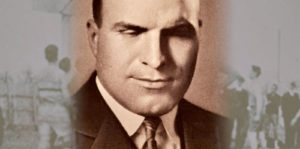
Writer-director Jack Teetor turns the cameras toward his family in Blind Logic: The Ralph R. Teetor Story. Specifically, the filmmaker aims to tell the story of his uncle, Ralph Teetor. Born in 1890, Teetor’s eyes were injured when he was 5 years old, and soon, the boy would be completely blind in both eyes. This unfortunate turn of events did not deter him from pursuing his dream of becoming a mechanical engineer. Through a keen memory, hearing, and a delicate sense of touch, Teetor would not only graduate from the University of Pennsylvania but also become the lead engineer for The Perfect Circle Company, the auto parts manufacturing company founded by his family members when he was a boy.
When the First Great War descended the world into chaos, Teetor would venture to New York, where he “solved the problem of precisely balancing turbine rotors for torpedo boat destroyers, something top naval engineers failed to fix.” Although those ships never saw combat at that time, they were used extensively throughout World War II. Teetor would eventually meet and marry Nellie Van Antwerp, and the couple would have one child, a daughter. The man would go on to refine and perfect car parts until he hit upon his most lasting legacy (in terms of society at large): the device that would eventually be known as “cruise control.”
Blind Logic: The Ralph R. Teetor Story strives to present not only the facts of the subject’s life but also to convey his wholesomeness and positive attitude. That means interviews with family members, colleagues, historians, and racecar drivers are both stating the facts of a day or encounter and describing Teetor’s demeanor and manner of interacting with people. This allows the film to feel less like a history lesson and more like a celebration of Ralph Teetor, the man who happened to be behind so many engineering feats. This is most noticeable during the 1960s when unions were attempting to force Teetor’s company into an unfavorable deal. Violence ensued, yet its resolution is rather heartfelt.
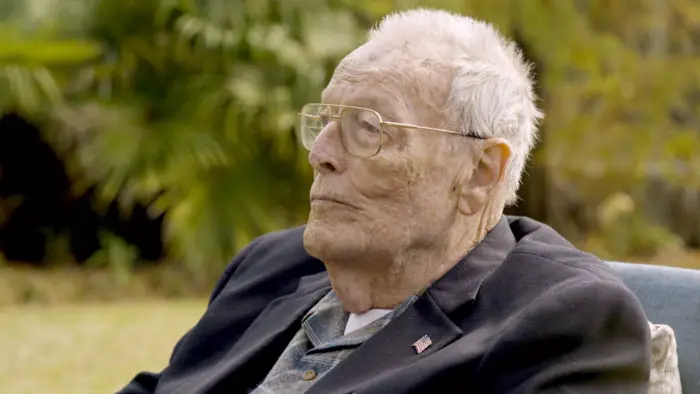
A personal interview in Blind Logic: The Ralph R. Teetor Story, sharing memories of Ralph Teetor’s inspiring life and innovations.
“…completely blind in both eyes…would go on to refine and perfect car parts…”
Notably, the film secured Jeff Daniels to voice Teetor and Mike Rowe as the narrator. Daniels is an amazing actor, obviously, and he brings a lot of weight and power to his part. Rowe keeps things lively and never makes the voiceover feel stale or like a lecture. But it is the interviews that really give the story its heart. Hearing racer Lyn St. James describe how she closes her eyes to listen to the engine and how she can imagine Teetor’s blindness as a boon in his line of work is compelling. Tom Teetor, Ralph’s nephew, is full of heartwarming and sweet tales.
The one real issue with Blind Logic: The Ralph R. Teetor Story is the score. It is not that Jim Andron’s music is bad, but it is constant. I cannot recall a single scene that went by without the score playing as well. Given the interviews, dialogue, and voiceover that are also happening, there’s a lot of literal noise competing to be heard. The jaunty compositions are catchy and fun, but overused.
Blind Logic: The Ralph R. Teetor Story is a fascinating and poignant glimpse into the life of a seemingly forgotten titan of a man. What he accomplished in engineering is astounding, but the way he and his family looked out for everyone who worked for them and in their community is what makes Teetor worthy of being remembered by all. While the music playing in the background is grating, the interviews are sincere, and the voice acting and narration are stellar.
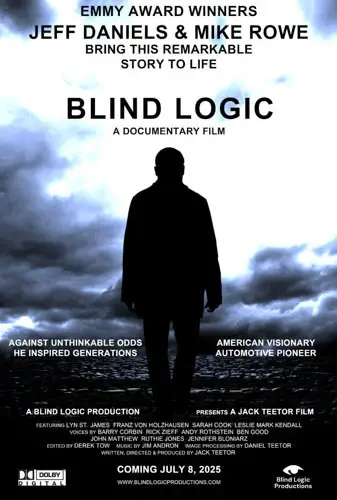
"…fascinating and poignant..."
